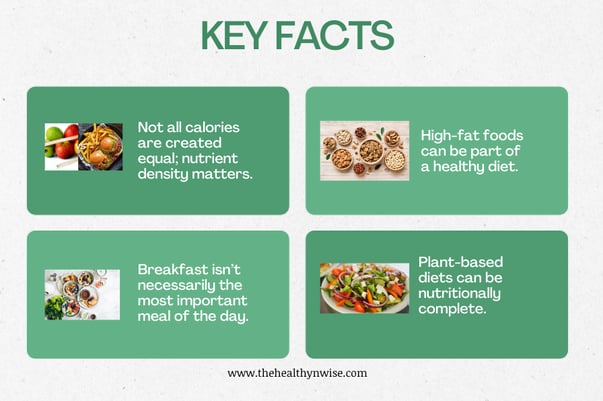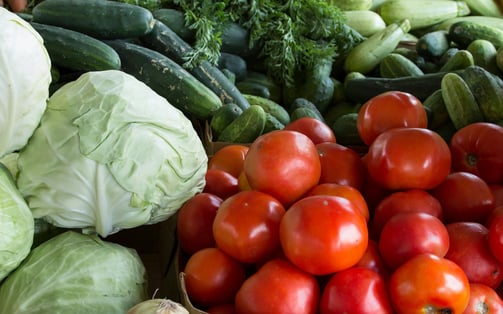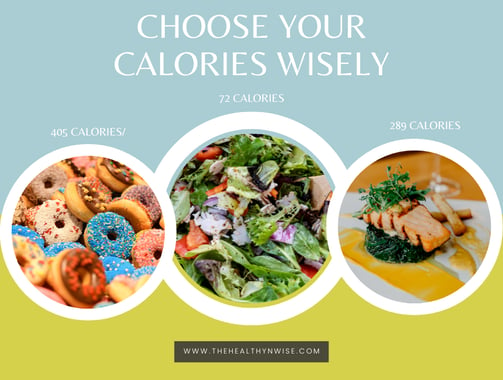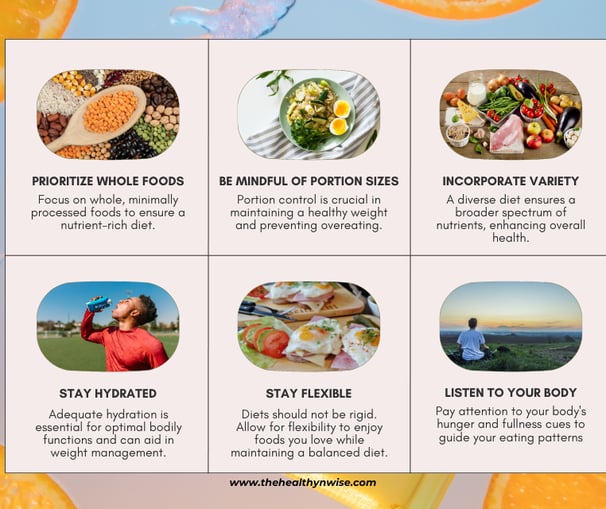Nutrition Science: Trends and Myths in Healthy Eating
Discover the truth about popular diets and debunk common nutrition myths. Get evidence-based insights to make informed choices for your health and well-being.
Key Facts:
Not all calories are created equal; nutrient density matters.
High-fat foods can be part of a healthy diet.
Breakfast isn’t necessarily the most important meal of the day.
Plant-based diets can be nutritionally complete.
Popular diets like Keto and Paleo have mixed health impacts.


In today’s world, nutrition science is a hot topic, with new trends and myths emerging regularly. From social media influencers to well-meaning friends, everyone seems to have an opinion on what constitutes a healthy diet. This article aims to cut through the noise by examining popular diets and debunking common myths with evidence-based insights.
Popular Diets: An Evidence-Based Perspective
Keto Diet
The ketogenic (Keto) diet is a high-fat, low-carbohydrate diet that has gained popularity for its potential weight loss benefits. By drastically reducing carbohydrate intake and replacing it with fat, the body enters a state of ketosis, where it burns fat for energy instead of carbohydrates.


Health Impacts:
Weight Loss: Studies have shown that the Keto diet can lead to significant weight loss in the short term1.
Blood Sugar Control: It may improve blood sugar control in people with type 2 diabetes2.
Heart Health: However, the high intake of saturated fats can raise LDL cholesterol levels, potentially increasing heart disease risk3.
Paleo Diet
The Paleo diet, also known as the “caveman diet,” focuses on consuming foods that were available to our Paleolithic ancestors. This includes lean meats, fish, fruits, vegetables, nuts, and seeds while excluding processed foods, grains, and dairy.
Health Impacts:


Plant-Based Diets
Plant-based diets, including vegetarian and vegan diets, emphasize consuming plant-derived foods while minimizing or eliminating animal products.
Health Impacts:


Common Nutrition Myths
Myth 1: All Calories Are Created Equal
While the concept of “calories in, calories out” is fundamental to weight management, it oversimplifies the complexity of human metabolism. The source of calories matters, as nutrient-dense foods provide essential vitamins and minerals that support overall health.
Myth 2: High-Fat Foods Are Unhealthy
The fear of dietary fat has led many to adopt low-fat diets. However, not all fats are created equal. Healthy fats, such as those found in avocados, nuts, and olive oil, are essential for brain health and hormone production.




Myth 3: Breakfast Is the Most Important Meal of the Day
The idea that breakfast is the most important meal of the day has been challenged by recent research. For many adults, skipping breakfast does not necessarily lead to weight gain or poor health outcomes.


Myth 4: Fresh Produce Is Always Healthier Than Frozen
Fresh fruits and vegetables are often considered superior to their frozen counterparts. However, frozen produce can be just as nutritious, as it is typically frozen at peak ripeness, preserving its nutrient content.
Myth 5: Detox Diets Cleanse Your Body
Detox diets claim to cleanse the body of toxins, but there is little scientific evidence to support these claims. The liver and kidneys are efficient at detoxifying the body naturally.


Conclusion
Navigating the world of nutrition can be challenging with the plethora of information available. By focusing on evidence-based insights and debunking common myths, we can make informed choices that support our health and well-being. Remember, a balanced diet that includes a variety of nutrient-dense foods is key to maintaining good health.


Explore More

Subscribe
Get new blogs in your Emails
